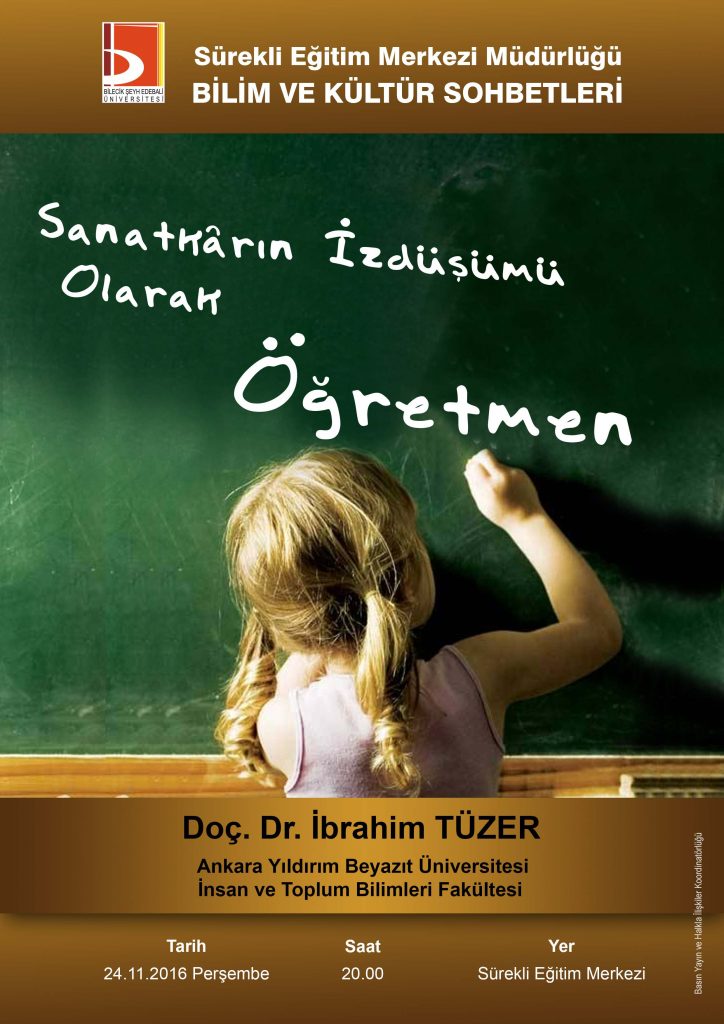What is Mevlana Exchange Programme?
Mevlana Exchange Programme is a programme which aims the exchange of students and academic staff between the Turkish higher education institutions and higher education institutions of other countries. With the regulation published in August 23, 2011 (num: 28034), students and academic staff exchange between Turkish higher education institutions and higher education institutions of other countries has been possible.
Who is Mevlana?
The original name of Mevlana, from whom the name of the programme is inspired, is Muhammed Celaleddin. Mevlana was born in 1207 in Belh of Horasan distinct that is now in the border of Afghanistan. The name “Mevlana” was used by Sultan Veled, Şems-i Tebrizi and his lovers, and virtually is a universal symbol which identifies with him. Also, he is known as Rumi by the western people. Mevlana lived in the 13th century, but as a sufi who got beyond the ages with his works, did not make any discrimination between people as indicated in his verse “Come, come whoever you are”.
Who can benefit from Mevlana Exchange Programme?
The students registered in formal education programmes at higher education institutions in Turkey (on condition that the higher education institutions signed a bilateral Mevlana Exchange Protocol) may benefit from Mevlana Exchange Programme. Additionally, all academic staffs who work in a national or foreign higher education institution, on condition that the higher education institutions signed a bilateral Mevlana Exchange Protocol, may benefit from Mevlana Exchange Programme.
What are the Application Requirements of Mevlana Exchange Programme
In order to be a Mevlana Exchange Programme student – The students must be studying at associate degree, bachelor degree, master degree or phd degree of higher education programmes – Grade point average (GPA) of associate degree and undergraduate students must be at least 2,5 on a four point scale. – Grade point average (GPA) of graduate students (MA, PhD) must be at least 3.00 on a four point scale. – 50% language score + 50% GPA o The students studying in their first year at associate or bachelor degree and the students of preparation classes and scientific preparation programmes of graduate degrees can not participate in this programme at their first semester.
How should a student, who has the requirements, can apply to the Mevlana Exchange Programme?
The students may apply to the Mevlana Exchange Programme unit of his/her university after filling the required forms properly.
How many times and how long can we participate in Mevlana Exchange Programme?
Students may study abroad for one (minimum) or two (maximum) semesters. Semester periods may be different considering the education systems but the total exchange period can not exceed one academic year. Academic staffs also may participate in Mevlana Exchange Programme. Academic staff may lecture abroad from one week (minimum) to three months (maximum).
Do students have to pay any tuition fee when they participate in Mevlana Exchange Programme?
Students do not pay any tuition fees to the host institution during the programme, but they continue to pay the obligatory tuition fees to their home institutions. They do not pay any extra fee to the host institution within the scope of the exchange programme.
Do the students who participate in the programme repeat the courses/semesters taken at the host institution?
As the course(s) to be taken in the host institution are officially agreed to be counted in advance within the Learning Protocol, the students do not repeat any courses/semesters when they return.
What are the Scholarships During the Mevlana Exchange Programme?
Within the scope of Mevlana Exchange Programme, travel allowance stated in the Travel Expense Law no.6245 may be paid to incoming and outgoing academic staff while travel allowance and additional course fees may be paid as stated in Travel Expense Law no.6245 and article 10 of the Law no.2547. CHE Executive Board is authorized to determine additional course fees due to the countries and titles.

